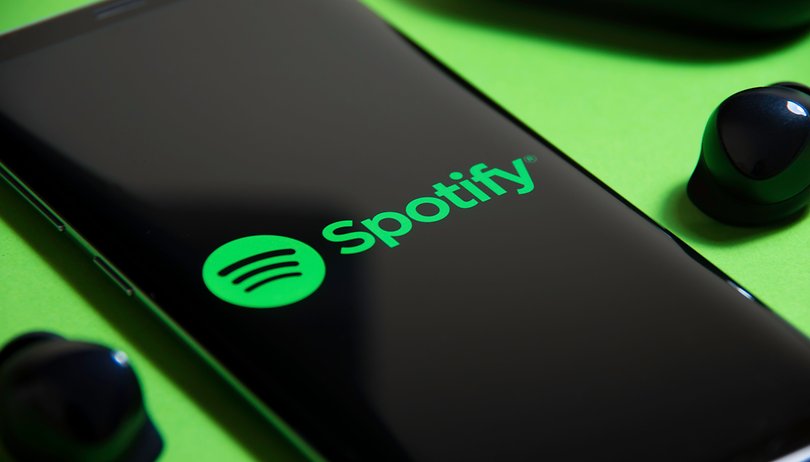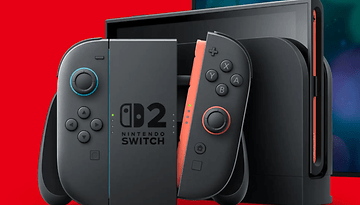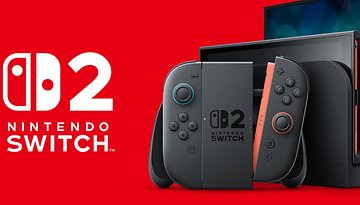Spotify HiFi: Lossless streaming service coming soon to Spotify


Read in other languages:
At its recent 'Stream On' event, Spotify made several announcements. The one that made most waves, however, was the announcement of "Spotify HiFi." As you might have guessed by now, Spotify Hifi is the company's new Lossless streaming tier that is set to launch later this year.
- Spotify HiFi will launch before the end of 2021
- The talk is of "CD-quality music and lossless audio formats"
- Launching in select markets only
- No launch date or price known yet
Yesterday, Spotify's annual "Stream On" event went virtual and platform founder Daniel Ek and his team had quite a bit of news to share about music and podcasts. Probably most exciting for most music fans was that the Swedish company finally announced a subscription option for those on the lookout for higher quality music streaming.
Spotify HiFi
Known as "Spotify HiFi", the service will be available as an add-on to the normal premium subscription. The streaming giant has not yet revealed how much this additional option will cost, but Spotify itself says in its press release that "Spotify HiFi will deliver CD-quality music in a lossless audio format to playback devices and Spotify Connect-enabled speakers." They didn't get more specific about the quality yet, though.
In any case, Spotify HiFi is set to launch later this year, though not globally for now, but in select markets. More info on this will be announced soon, it continues. The company is working with "some of the world's best-known speaker manufacturers" to make Spotify HiFi available to as many fans as possible via Spotify Connect, the Swedes explain, making no secret of the fact that this HiFi option is one of the most requested features by Spotify users.
Also Read: Spotify may use voice recordings to improve music suggestions
A look at the competition
Spotify is definitely late to the lossless party because its competitors including Deezer, Amazon and Tidal have offered better music quality. Amazon offers Amazon Music HD for 14.99 euros per month (12.99 for Prime customers). That means you can listen to all 70+ million songs at up to 850 kbps instead of 320 kbps. Only about five million songs are even available in Ultra HD, which even surpasses the quality of CDs.
Deezer also offers its HiFi tariff for just under 15 euros and for that you get FLAC quality, which is 16-bit and 1,411 kbps. Finally, Tidal requires a monthly twenty and offers lossless CD quality (also 1411 kbit / s or 16 bit / 44.1 kHz).
This is roughly the framework in which we can expect Spotify HiFi both in terms of price and quality. Likewise, we can probably already keep in mind that probably only a part of the catalogue will support the high audio quality at Spotify.
By the way, it would be another qualitative option, because there is also a qualitative difference between Spotify Premium and the free, ad-supported form: while Premium offers 320 kbps in the highest setting, the free offer stops at 160 kbps. There's also a qualitative difference in the web player: instead of AAC at 128 kbps, Premium offers AAC at 256 kbps.
Opinion of the author
As a huge music fan and long-time Spotify user, I've been waiting for this announcement for years. As such, I'm happy that Spotify is finally moving on this after competitors like Amazon, Tidal and Deezer have long since taken action in this regard with options for audiophiles.
What struck me most yesterday, though, is all the things Spotify hasn't said yet. We don't get exact info on quality yet, so they didn't reveal the bitrate, or if the FLAC codec is supported. Furthermore, we don't yet know how much the fun will cost or when it will even launch and in which countries. I couldn't help but think of Antoine, who recently wrote a rather incensed piece about the unveiling of the Apple AirPods Max. There too, there was a full-bodied hi-fi announcement and bottom line more marketing gobbledygook than technical data that could actually prove the quality.
But before I complain about this lack of facts, I'll wait for Spotify's further announcements and ask how you think about the announcement. Would you want to pay for better quality and if so, where would your financial pain threshold be?
Source: TechCrunch



















